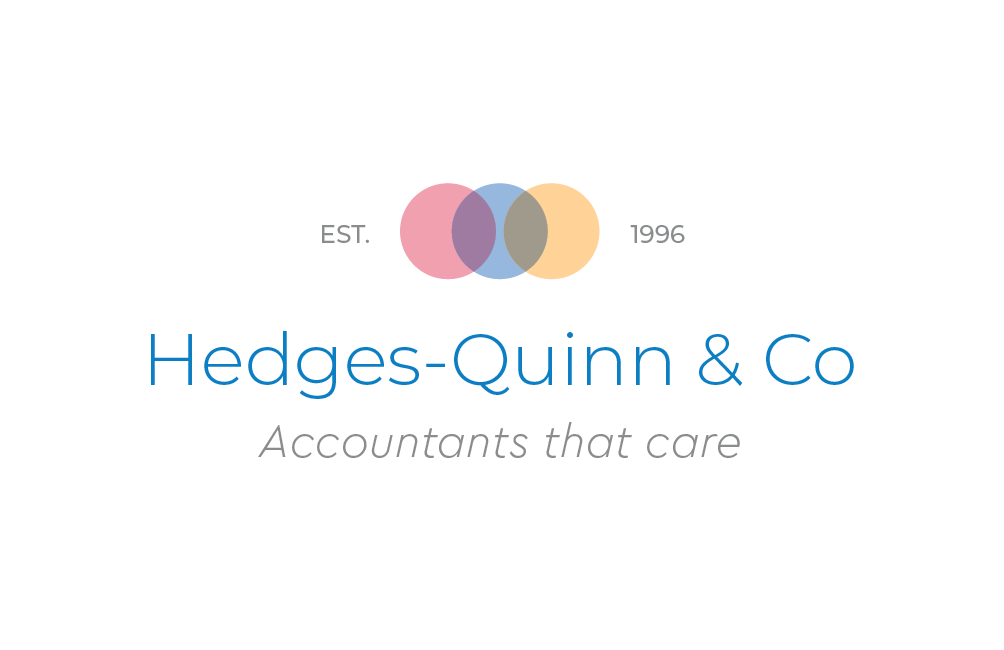
Capital Gains Tax for a residential house sale
Thinking of selling your second home or your buy-to-let property? It’s worth knowing where you stand regarding Capital Gains Tax.
Chartered Certified Accountant
Hayley Hedges-Quinn
Read on for Hayley Hedges-Quinn’s expert advice regarding Capital Gains Tax and what it may mean for you.
Capital Gains Tax is a tax you have to pay on any profit you make when you sell a property that is not your main home. These include:
Couple’s allowance
If you are married or in a civil partnership you can transfer assets to each other without any Capital Gains Tax being charged. If the assets are owned jointly with another person you can use both of your allowances to double the amount of profit you can make, before paying tax. So instead of having a tax allowance of £12,300, you have a joint tax allowance of £24,600. However, it is worth remembering your Capital Gains Tax allowance isn’t carried forward to next year if you don’t use it this year.
Selling property
Once you’ve sold a property here’s the list of obligations you must fulfil:
Tax bands
Capital Gains Tax is rated at different levels for the sale of residential property to Capital Gains Tax on other assets.
If you are a higher or additional rate taxpayer, you’ll pay 28% on your gains from residential property. If you’re a basic rate taxpayer, the rate you pay depends on the size of your gain, your taxable income and whether your gain is from residential property or other assets. If this amount is within the basic Income Tax band, you’ll pay 18% on your gains from the sale of a residential property.
Husband, wife or civil partner
As with all things, there are occasional exceptions, you do not pay Capital Gains Tax on assets you give or sell to your spouse or civil partner, unless:
Charities
On assets you give away to charity you do not have to pay Capital Gains Tax, however you may if:
Calculating Capital Gains Tax
To work out your capital gains you need to:
You are not allowed to deduct:
- Inherited property
- Second home
- Buy-to-let property
- Business premises
- Land
Couple’s allowance
If you are married or in a civil partnership you can transfer assets to each other without any Capital Gains Tax being charged. If the assets are owned jointly with another person you can use both of your allowances to double the amount of profit you can make, before paying tax. So instead of having a tax allowance of £12,300, you have a joint tax allowance of £24,600. However, it is worth remembering your Capital Gains Tax allowance isn’t carried forward to next year if you don’t use it this year.
Selling property
Once you’ve sold a property here’s the list of obligations you must fulfil:
- Report the sale of property to HMRC within 30 days of completion (it’s no longer when you submit your tax return)
- Pay an estimate of Capital Gains Tax due within 30 days
- Report the property sale on your Self-Assessment Tax Return
- Pay any additional tax on the usual 31 January date
Tax bands
Capital Gains Tax is rated at different levels for the sale of residential property to Capital Gains Tax on other assets.
If you are a higher or additional rate taxpayer, you’ll pay 28% on your gains from residential property. If you’re a basic rate taxpayer, the rate you pay depends on the size of your gain, your taxable income and whether your gain is from residential property or other assets. If this amount is within the basic Income Tax band, you’ll pay 18% on your gains from the sale of a residential property.
Husband, wife or civil partner
As with all things, there are occasional exceptions, you do not pay Capital Gains Tax on assets you give or sell to your spouse or civil partner, unless:
- You separate and do not live together at all in that tax year
- You gave them goods for their business to sell on
Charities
On assets you give away to charity you do not have to pay Capital Gains Tax, however you may if:
- You sell a property to charity for more than you paid
- If you sell to a charity for less than the market value
Calculating Capital Gains Tax
To work out your capital gains you need to:
- Deduct the amount you originally bought the property for from the sales price
- Deduct any legitimate costs involved with buying and selling e.g. estate agent fees, solicitor fees, stamp duty and property improvements you made during your ownership
- Offset losses if you’re selling other assets, as these can be carried forward indefinitely. For example, if you make a £50,000 loss from selling one property, it will increase the tax-free gain you can make when selling another
- Deduct any tax reliefs available e.g. letting relief
- Your losses can be claimed up to fours years after they were acquired
You are not allowed to deduct:
- Costs with the upkeep of the property
- Mortgage interest
Follow Hayley on Linkedin and join the mailing list
